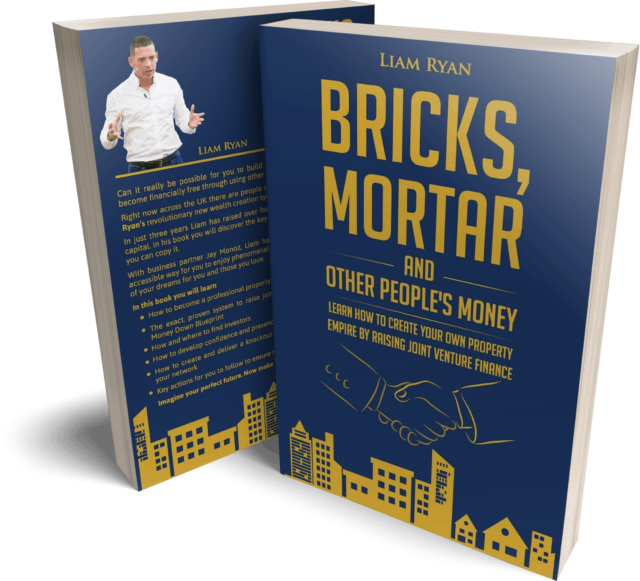Discover the best UK cities to invest in property in 2026, with strong rental demand, high yields, regeneration and growth potential.
Read More
As the world of work continues to evolve, so does the need for different types of workspaces. From the traditional office cubicle to modern co-working spaces, there are a plethora of options available for workers today. In this blog post, we explore the different types of workspaces and what makes each one unique.
Table of Contents
ToggleThe traditional office space is a type of workspace that most people are familiar with. In this type of workspace, employees typically work in individual cubicles or offices, with communal areas for meetings or collaboration. This type of workspace is often favored by corporations, as it provides a sense of privacy and structure for their employees.
Co-working spaces are a relatively new concept that have gained in popularity in recent years. In these spaces, individuals or small teams rent desk space in a shared office environment. These spaces typically offer a variety of workstations, from private offices and conference rooms to open floor plans and communal areas. Co-working spaces are perfect for freelancers, entrepreneurs, and small businesses, as they provide a sense of community and a flexible work environment.
A virtual office is a type of workspace that allows employees to work remotely, while still providing a physical address and phone number for their business. This type of workspace is perfect for businesses that require a professional address and phone number, but don’t need an actual physical space. Employees can work from anywhere, whether it’s their home or a coffee shop, and still have access to all the resources they need to run their business.
Industrial workspaces are typically used by businesses that require a lot of space for manufacturing, storage, or distribution. These spaces often feature high ceilings, large open floor plans, and heavy machinery. Examples of businesses that would use this type of workspace include factories, warehouses, and distribution centers. Industrial workspaces are essential for businesses that require extensive equipment and machinery to operate.
Retail workspaces are designed for businesses that sell products directly to their customers. This type of workspace can include anything from a small storefront to a large shopping mall. Retail workspaces are designed to be visually appealing and inviting to customers, with eye-catching displays and easy access to products. This type of workspace is ideal for businesses that rely on foot traffic and want to provide a memorable shopping experience for their customers.
No matter what type of business you have or what type of work you do, there’s a workspace out there that’s perfect for you. Whether you prefer the traditional office space, the flexibility of a co-working space, the mobility of a virtual office, or the vastness of an industrial or retail workspace, there’s something out there that will work for you. By understanding the different types of workspaces available, you can make an informed decision that will help you and your business thrive.
Get your FREE online property training guide here.
Discover the best UK cities to invest in property in 2026, with strong rental demand, high yields, regeneration and growth potential.
Read MoreThinking of selling your buy-to-let? Learn how to time the market, manage tax and maximise equity with expert landlord advice.
Read MoreDiscover UK planning permission loopholes, permitted development rights and when you can extend, convert or renovate without consent.
Read MoreLearn what the Bank of England base rate is, how it’s set, and how changes can impact buy-to-let mortgages and property investors.
Read More
Claim Your Free Copy
Assets For Life LTD is a company incorporated in England and Wales with registered number 09935286 and registered offices at Assets for Life Ltd, Suite 105, Waterhouse Business Centre, 2 Cromar Way, Chelmsford, Essex, England, CM1 2QE, United Kingdom.
Assets For Life LTD is registered with the Information Commissioner’s Office, with registration number ZA280607
COPYRIGHT © 2024 ASSETS FOR LIFE, ALL RIGHTS RESERVED. WEBSITE BY AMPLIFY MARKETING